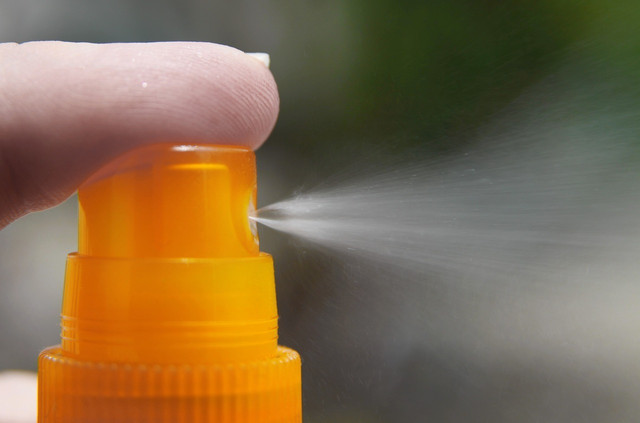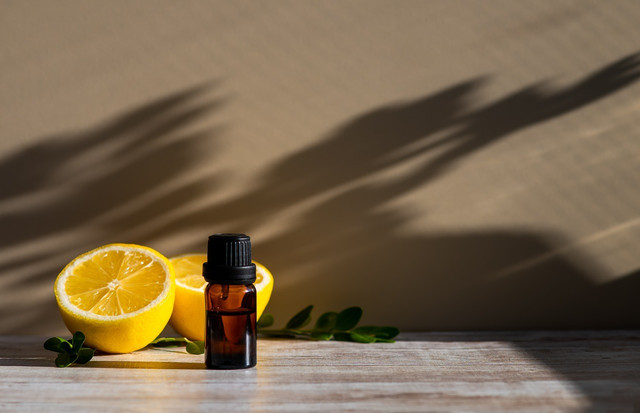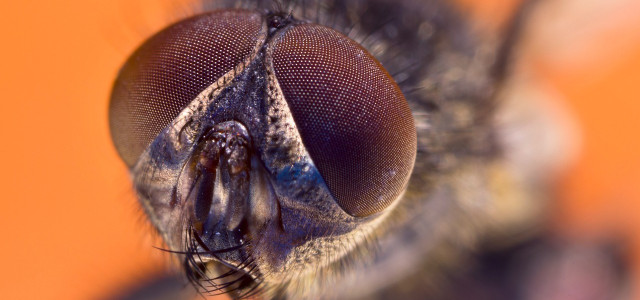Try this homemade bug spray to protect yourself and the environment. It’ll keep you safe from pests while keeping bugs and insects healthy.
The bugs of the world are often dismissed as a nuisance, a bother to be swatted away without a second thought, but we must not forget that they play a vital role in the delicate balance of our ecosystem.
From pollination to decomposition, bugs play a key role in maintaining ecological balance and are essential to the health and sustainability of our planet. And yet, we continue to spray chemicals that harm them into the air and onto our skin.
However, there is another way. We can choose simple, effective, and eco-friendly homemade bug sprays. Natural ingredients, such as lavender and citronella, offer a gentle and effective alternative to chemicals like DEET. This natural bug spray is easy to make, gentle on the skin, and does not harm the environment. Keep reading to find out how you can make your own homemade bug spray.
How to Make Homemade Bug Spray

Ingredients & Materials:
- 1/2 cup water
- 40 drops citronella essential oil
- 40 drops lavender essential oil
- Spray bottle
Citronella essential oil is a popular natural insect repellent since the scent masks other smells that attract bugs. Lavender essential oil has an equally strong, pleasant fragrance that bugs find unpleasant.
Directions:
- In a clean spray bottle, combine water with citronella and lavender essential oil.
- Screw the top of the spray bottle on tightly and shake well.
- Spray the mixture around doors and windows or other areas where you want to repel bugs and insects. Due to the strong smell and high oil concentration, we do not recommend spraying on your body!
- Shake well before each use and reapply as needed.
Note: This recipe can be adjusted to suit your preferences by increasing or decreasing the amount of essential oils used, depending on the strength of your desired scent. This recipe is strong and makes quite a lot of spray, so it should last you through the summer.
Other Essential Oils for Natural Bug Spray



While the distinct smell of citronella is synonymous for many with the summer months, you can also experiment with other essential oils and ingredients which are also known to repel insects. For example:
- Peppermint essential oil
- Eucalyptus essential oil
- Lemongrass essential oil
To ward off specific types of bugs, try out these essential oils for repelling mosquitoes, these natural flea repellents, or our tips on how to get rid of ants naturally.
Why Choose Homemade Bug Sprays?
Chemical repellents promise to keep bugs away, but at what cost? While they might not be as effective, homemade bug sprays are often considered safer than chemical repellents whose aerosols permeate the air. Evidence strongly suggests that these chemical sprays are harmful not only to the environment but also to us as well if ingested, inhaled, or absorbed through the skin.
What is DEET?
One of the common chemicals in bug spray is N,N-diethyl-meta-toluamide, or DEET. DEET interferes with the insect’s sense of smell and taste, causing disorientation and even death in some cases, especially if the insect is exposed to high concentrations. It is effective against a wide variety of biting insects, but it is also dangerous to non-biting pollinators that rely heavily on their sense of smell and taste to find food, such as bees and butterflies.
Natural, homemade bug sprays, on the other hand, are typically less toxic to humans and insects. They have been used for centuries to keep bugs at bay while leaving no lasting negative effects on the environment. By choosing natural repellents, we not only protect ourselves but also protect the delicate balance of the ecosystem that sustains us all.
Read more:
- 5 Free Apps to Identify Bugs and Insects
- Homemade Natural Weed Killer from Organic Ingredients
- Bug Hotels: How to Build Your Own Insect House
Do you like this post?






